#ghost of tsushima reference
Explore tagged Tumblr posts
Text
"I'll give my live for Tsushima's people...and for you"

Here the romance they deserved.
I love the fact that Jin suit to evereyone but Jin & Yuna >>>
#ghost of tsushima#jin sakai#ghotsu#yuna#jin x yuna#ps4#ps4 games#ghost of tsushima fanart#fanart#jin's armor is a nightmare to draw#berserk#berserk reference lol#ship art#straight ship
14 notes
·
View notes
Text
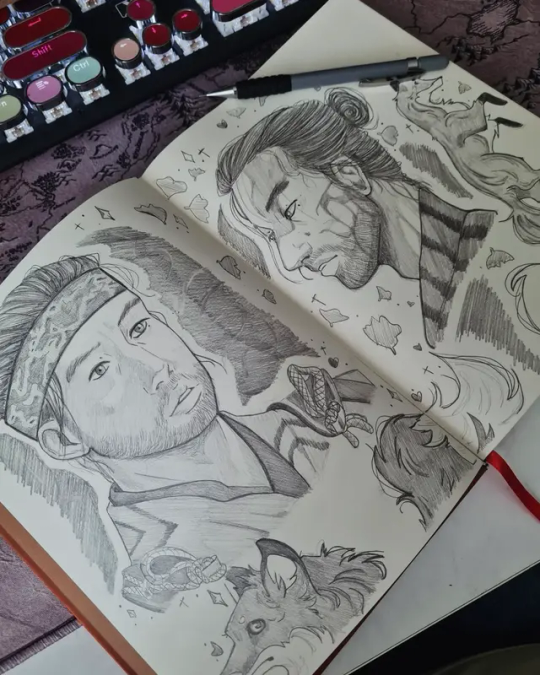
A new sketchbook so of course I have to fill the first page with my favorite man
#of course references are used#because i am old and my brain doesn't work#jin sakai#ghost of tsushima#traditional art#drawing#myart#artists on tumblr
11 notes
·
View notes
Text
Ryuzo, probably: it's simple, Jin. You believe in gods because you were taught you owed something to them. I believe in gods because if I wanted you to eat shit and die they would make ME eat shit and watch everyone else die while I miserably outlive all of you. We're not the same.
#ryuzo#ghost of tsushima#ast#yes this is a reference from it#funniest thing when writing a specific flavour of atheism in a character
2 notes
·
View notes
Text

❝ A person with a mole in the pathway of their tears, is destined to a life full of them⎯⎯ ❞
𝑱𝑰𝑵 𝑺𝑨𝑲𝑨𝑰 𑁍 (Ghost of Tsushima)
ph: afterdark-vp
I literally got chills when I noticed that Jin had a mole under his eye, I'm much more attached to the ending where he kills his uncle, and this adds value to this quote for me.
18 notes
·
View notes
Text
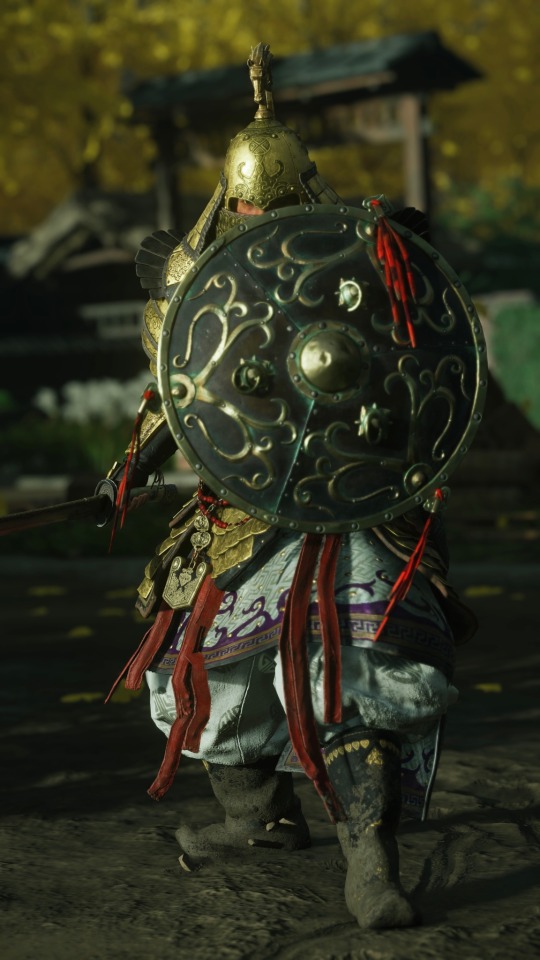
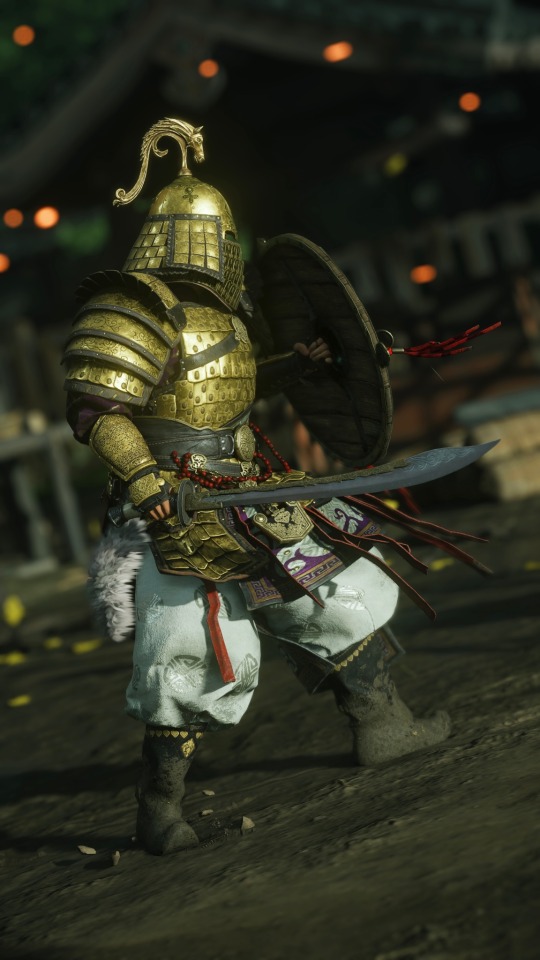
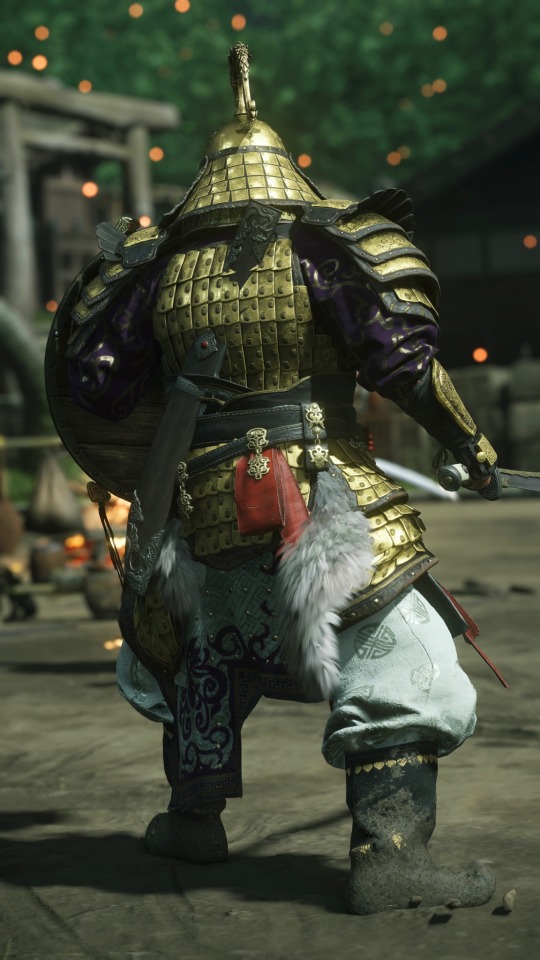
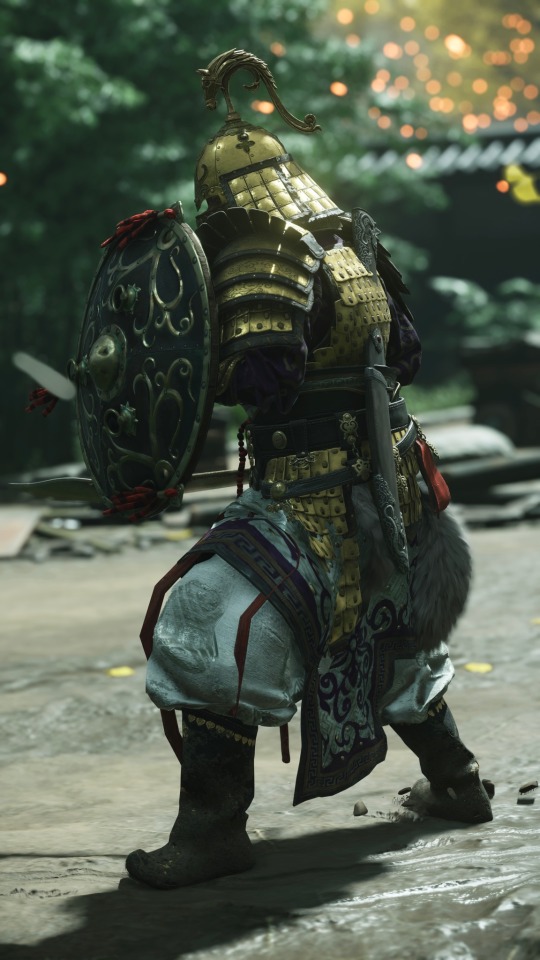


Mongolian General Ghost of Tsushima
4 notes
·
View notes
Text
Rise of the ronin is coming out tomorrow and I’m psyched!!
Wonder what more games can inspire me when it comes to my fics:)…
(So far I’ve managed to finish ac3 and ac syndicate after the mess that happened after a storm came by and my ps5 wouldn’t turn completely on unless I deleted everything🥲 the pain I felt in my soul was deep when I saw that I had to restart ac unity)
#replaying ac unity and I finally got past the stupid mission that is sequence 10 mission 2#that mission though has inspired me when it comes to Tsering#she’s be good at missions like those with some guidance#also replaying ac origins as well#taken a bunch of screenshots for inspiration & references#moments inspired by a chuffed panda gaming#it’s so weird that I didn’t have to restart ghost of Tsushima tho#I have all the save files there#didn’t have to start ac3 from the beginning either#rise of the ronin hype#I am so hyped#chuffed panda talks
0 notes
Text

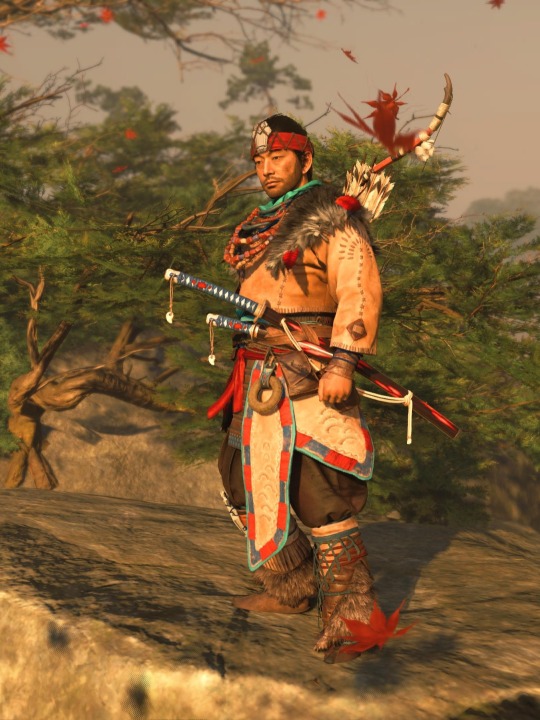
Here's a couple Jin Sakais with the Horizon armor.
I was shook when I found this armor, I love Horizon so much and also Ghost of tsushima, love the reference.
#hfw#horizon forbidden west#virtual photography#horizon#horizon zero dawn#ghost of tsushima#jin sakai#jin
54 notes
·
View notes
Text
Masterlist
Since I've had a Request, I will now post a few options and ya'll can give your input on what I start posting first. Please note that all fics are limited third person with perspective alternating between Tomura and the OC (usually using the names the two are referred to by to differentiate).
Please let me know what looks interesting in the comments!
Longfics:
Disconnect/Reconstruct: OC inspired by Locked In Digital by RogueDruid, heavy references to Horizon Zero Dawn/Forbidden West and Ghost of Tsushima. 83,280 words, 21 chapters, complete to Kamino. Horny level 1.5/5.
Ashes and Dust: OC/SI, transmigration isekai utilizing Dusty Ash from the Clash! Heroes Battle game as a host. Written in first person, heavily borrowing from the awesome Mirrond's extended fanon. 88,208 words, 23 chapters, complete to Kamino. Horny level 1.5/5.
Night Parade of a Hundred Quirks: Youkai AU, Kitsune OC x Tengu Tomura. Heroes are still the foundation of society, but it's much easier for non-humans to pass unnoticed in the Quirked era, and then there's how Quirks came around in the first place... Unfinished, currently pre-Sports Festival, 26,751 words, 6.5 chapters. Horny level currently N/A, projected 2/5.
To Ashes and Blood: Supernatural AU, half-Fae OC x Vampire Tomura with nightclubs. Fae aspects largely inspired by Seanan McGuire's October Daye series. No Heroes, Villains, or Quirks. Unfinished, 66,613 words, 15.5 chapters. Horny level 3.5/5, potentially 4/5 as the story progresses.
Where Villains Are Heroes: One Piece crossover, afterlife isekai for Tomura and Papagiri, starting approximately halfway through the post-Marineford timeskip. Fuck it, he'd probably be given a bounty within ten minutes of the Marines finding out he exists no matter what he does and the official authorities are as bad as Hero Society anyway, might as well be a pirate. Native OC from a pseudo-Austronesian culture that conflates Nika with Maui. Unfinished, crew about to set sail for real, 36,063 words, 7.5 chapters. Horny level NA, projected 3/5 because I gave Tomura Blackwhip.
Quality Villains: Katekyo Hitman Reborn crossover, OC descendant of KHR character, Sky Tomura. Flame and Varia lore mostly inspired by Umei No Mai and Insane Scriptist's works (particularly Black Sky and Pick Up The Pieces by the former). Unfinished, post-Hosu but pre-Final Exams, 67,742 words, 15 chapters. Horny level 3.5 and probably rising.
Ash Like Snow: OC is Todoroki Natsuo's twin sister, apprentice to Dr Garaki and League Medic. Currently approximately half a thought with only a single short scene involving Dabi and Toga's introduction to Tomura. Not only unfinished, but arguably unstarted. 1.1k words, 0.5 chapters. Horny level ??/5.
Soulsekai: Soulslike mass isekai, OC is The Level Up Girl. Somewhat inspired by Mirrond's Only Embers Remain, pretty slow on the burn, a bit more Midoriya-friendly than usual, Gremlin Otaku Yoichi. Currently on hiatus pending my brother's ability to beta-read and help me come up with an actual Plot. 56,145 words, 12 chapters. Horny level N/A, projected 1-1.5/5.
What Color Destruction: Inkling AU. OC's Quirk is essentially Splatoon. Tomura's online bestie appears to ghost him. A year and a half later, just after Hosu, he gets a message from them begging to meet in person and explain themself. He wants to stay mad, but there's a problem with that. He was not expecting their Quirk, and oh no they're hot. Currently sitting on the brainrot throne. 18k words, 5 chapters and counting. Horny level projected for 5/5 because squid.
Renegade Doll: Hero student AU, OC is AFO's creeptastic attempt at a Replacement Goldfish for his brother. Tomura is 17, OC is 16, both running away from AFO and deciding to hide at UA on the premise that AFO is wary of playing too close to Nezu's sandbox. Very low priority because I started it before the series ended and it sank in just how fucked up Hero Society is, and I need to recalibrate the tone. Currently in Battle Trials arc, 48,509 words, 11.5 chapters. Horny level ~1/5. (Please don't want this one.)
Shortfics:
Catscratch Fever: A Quirk Did It. Tomura is now part cat, and he's not happy about it. Established relationship, OC's Quirk is equivalent to One Piece's Nagi Nagi no Mi. Schrodinger's finished. 11,279 words, 3 chapters. Horny level 4/5.
Blue Pink White: A Quirk Did It. Tomura is now stuck in a girl's body, and he's not happy about it. Mostly because of course he wouldn't be, but also because he's slowly realizing he doesn't always hate it. Genderfluid Tomura, genderfluid/nonbinary OC. Slightly more angsty in places than I usually get. I did my best on the research, ya'll, but I don't know anyone to ask. Schrodinger's finished. 26,316 words, 7 chapters. Horny level 5/5 because I went all in on the hentai in ch7.
I may pin this as a masterlist eventually, and will hopefully update it as needed.
EDIT: This is now a masterlist.
10 notes
·
View notes
Text

introduction to me ੈ✩‧₊˚
i literally just started using this app and i already love the layout of it; i decided im gonna do an intro bc its fun hehe and i want mutuals
background
i was born in the united states, missouri where i’ve lived my entire life. im 17 and my birthday is december 14. my pronouns are she/her and i don’t use a label for my sexuality i just like what i like. im a sagittarius and my mbti is intp!! i’ve been a shifter since 2020 basically, although i took a break for 4 years and came back june 2024 and shifted in october 2024
my dr’s
star wars
resident evil
shatter me
used to have a fantasy dr but “got rid of” it
my shifting social medias
tiktok - sophiashifts_x
instagram - sophiashifts
twitter - sophiashifts_x
favorite artists
taylor swift
chappell roan
fiona apple
phoebe bridgers
lana del rey
lady gaga
ethel cain
radiohead
jeff buckley
billie eilish
solya
hole
mazzy star
favorite movies/shows
star wars - the entire saga
arcane
ladybird
napoleon dynamite
the hunger games
bones and all
beautiful boy
21 jump street
games i’ve played/want to play
resident evil - 3 remake, 4 remake, 5, 7-biohazard, 8-village
cyberpunk
overwatch
call of duty black ops 6
uncharted
red dead redemption 2
until dawn
batman - arkham asylum
life is strange
want to play
silent hill
the quarry
life is strange - before the storm
the last of us
resident evil 6
ghost of tsushima
+ soooo many more
me
some other things about me
i am a vinyl collector lmao i love my vinyls and my record player sm
i am the most chronically online person ever.. i will sadly get ever single reference
i love love love slushynoobz and sinjindrowning
i love to read books sm
i’m left handed hehe
i liked chappell roan before she blew up 😈
i broke my nose when i was 9 and it’s been a bit crooked ever since..🧍♀️
that’s it 👅
#reality shifting#intro post#introduction#shifting#shifting introduction#introduction to the shifter#shifting realities#star wars shifting#shifting to resident evil#shifting diary
13 notes
·
View notes
Text
Criticism of Blue Eyed Samurai
Well, I just watched Blue Eyed Samurai. Been spotting several positive clickbait thumbnails of it, so even though I didn't have high expectations based on the trailer, I gave it a go. And well, it was what I feared it was. I still enjoyed it though! And it's an engaging story, just not what I wish it was. Anyways, I wrote a comment on Reddit about it, which I thought I'd repost here.
Edit: I ended up going in and reordering some paragraphs under headings, as people on Reddit replied to by comment. Noticing people are nitpicking the historical accuracy of my commentary, which wasn't really what I was concerned about. It's more that certain cues in these stories make me expect certain things.
The main point of much of this text is to look into what makes Blue Eyed Samurai a noticeably American story, by comparing it to other jidaigeki stories with a similar setting made for and by Asian people, and stories set in Asia made by Americans (for Americans).
🚧 NB! I'm still working on the text. Text marked in cursive are just notes, so please ignore them for now! 🚧
Asian stories
So, this isn't the first time we've gotten an Asian story told by Americans (for Americans). And that in of itself doesn't necessarily make the show unwatchable. Beyond the cases of whitewashing and yellowface in Hollywood, we can also find a few love letters to Asian media.
For China, we have Kung Fu Panda, a love letter to Kung Fu movies with a Chinatown aesthetic. For Asian ethnicities overall, we have Avatar the Last Airbender. And for Japan, we have stories like the Ghost of Tsushima and Shogun.
As a period drama fan, what I expect coming into these shows are generally other pieces in the same genre, that is Asian stories told by Asians. Perhaps due to the lack of any relevant Asian American genre. In the case of Blue Eyed Samurai, I was expecting a jidaigeki more in the lines of Azumi, Oshin or Princess Kaguya. However, I felt that Blue Eyed Samurai fell short, even by the standard of other Asian stories told by Americans for Americans.
Overall, the story's theme is two fold: action and feminism.
Action and martial arts

While Blue Eyed Samurai throws around words like samurai and honor, it doesn't appear to actually understand what these entail. Instead, it feels like it only focuses on the superficial badassery of it. In contrast, Ghost of Tsushima did a great job with its Japanese localization. Although some parts was a little bit off still, they salvaged this by centering their themes around bushido culture and made references to terms used there, and the visuals references Japanese aesthetics of the transient seasons and impermanence, which is commonly used in haiku poetry. It features seasonal environments such as ginko leaves, reed, maple, and spider lilies to mention some. The same can be said for Shogun, which is more about the tension being lost in translation, and where especially Mariko recited actual Japanese poems at several occassions.

Meanwhile, Kung Fu Panda also has the tropes and artefacts of Chinese wuxia story, but it is ultimately based on Chinatown. A theme park-esque idea of China designed by and to cater to white people, as a Chinese American defense mechanism. Yet, it stands on its own as an American love letter to Chinese kung fu films.
In the west, many use Kung Fu Panda as an argument for successful orientalism. However, Accented Cinema points out, it may have more to do with China's own failure in representing themselves, and that Kung Fu Panda's lesson was just what China needed at that time: To stop doubting and to learn to love themselves. Even in the face of the traditional Chinese fantasy genre (wuxia and xianxia) losing foothold in Asia, they can still stay themselves as a new generation reinvents the genre. And the new stories coming out of China seems to have taken this classic hollywood message to heart.
I'll use this opportunity to shoutout some stories by China to come out of this new era: The Legend of Hei, the White Snake, The Untamed, Black Myth: Wukong, Genshin Impact, etc.

In contrast, Blue Eyed Samurai has the same attention to detail when it comes to the artifacts of a jidaigeki story. But it falls short, because it lacks in as meaningful a message as Kung Fu Panda had, and somehow lacks in the tropes (or whatever it's called?) that you'd expect to see in a jidaigeki. Instead, it focuses on superficial badassery and western feminism, and it feels like it clearly caters to white people's ideas and desires.
But overall, great choreography and compositing, engaging story and characters ... Blue Eyed Samurai is good, but does veer into the uncanny valley for me, which I know was an issue Asians had with ATLA. Guess I felt it a little bit more with Blue Eyed Samurai due how much (unrealistic) violence and (meaningless) sex is glorified, and made me question what exactly the overall moral message of the story was supposed to be beyond simply "revenge plots are cool but also destructive." As somebody else said, it's giving "guts and tits for the people."
I was hoping for something like Azumi
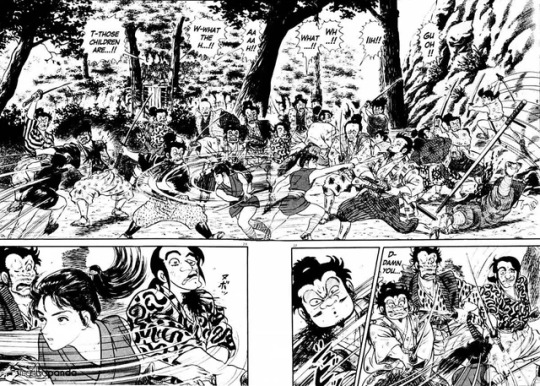
I do not mean that I wanted Blue Eyed Samurai (BES) to romanticize bushido and samurai. However, I did want it to explore these concept, because they made such a big deal out of it. The closest comparison I can make and what I was actually hoping for when going into BES, was something more like the manga Azumi.
The main character of both series, Mizu and Azumi, are similar in several aspects. Both are orphaned women who grew up to become fearsome assassins, whose sworsmanship is so incredible that they're able to fight off hordes of men singlehandedly. Additionally, both are mixed race, though where Azumi only has blue-ish eyes, Mizu has actual blue eyes. Additionally, both work as assassins during the sakoku policy, though while Azumi lives around the time of Tokugawa Ieyasu in the 16th century, at the start of the policy, Mizu lives further along in the 17th century.

Azumi is a gritty look into (among other things) both shinobi and samurai that does not romanticize either, and has won an award for its exploration of these concepts in relation to buddhism. In fact, everyone in Azumi suffers. The only one who is perhaps glorified is Azumi, who many critics compare to a boddhisattva.
Throughout the story, Azumi has learnt to not be too attached to earthly comforts, but still suffers because of her attachment to her companions. As Azumi completes her pruning missions for her boss (the Buddhist monk Tenkai), she accumulates a lot of bad karma in the form of endless waves of people pursuing her for either revenge, the bounty on her head, the thrill of defeating a master swordswoman, etc. Because of it, 90% of her closest companions SPOILER die, and many of her friends are raped or permanently maimed, and has to deal with the trauma and practical inconveniences of it. Often because they are caught in the crossfire between Azumi's targets or those who pursue her.
By the end of the story, Azumi still ends up making new companions like usual and her boss continues wanting to send her on pruning missions. But she decides to leave them all behind, so that those she cares about will not be affected by her bad karma again. She knows she will have to stay on the road indefinitely and will never really be able to enjoy the comforts of settling down, because of her pursuers. The series makes the buddhist argument that earthly attachment in general causes suffering, and Azumi is enlightened by abandoning those attachments and by facing her karma, although that does not mean she will not end up with a violent death. The story ends openly with Azumi wandering off into obscurity.
Mizu is not a samurai
We could argue that she is a ronin, but then she'd technically must've been serving a lord as a samurai in the past. She should be at least be a tiny bit concerned with chivalry; At least enough to discuss or talk about it, which we know isn't the case. Mizu is closer to being a shinobi/ninja, since her goal is to assassinate her 4 maybe fathers. Another thing Mizu shares with shinobi is that both are often criticised by samurai because of their penchant for ambushes and lack of concern for bushido / warriors code. Yet she breaks the mold of being a shinobi, since she doesn't really sneak around in (civilian) disguise and will openly brawl her way through a dojo and into a fort. In this aspect, Azumi is much more like a shinobi.
While Mizu's motivation is simply revenge for the injustice she and her mother suffered at the hands of the gaijin faction, in Azumi the motivation is to prune the country like a bonsai tree off individuals which may threathen a new age of peace, and prevent the country from slipping back into the civil war that marked the Sengoku period.
But where characters in Blue Eyed Samurai is heavily protected by plot armor, allowing Mizu to be an almost invincible pin cushion, no one is safe in Azumi and injured characters requires months to recover and heal from cuts.

While writing this, I recalled that in episode 5, they interjected a story about a samurai marrying and fathering a child with a woman who descended from an enemy clan. He kills both her and their son, which turns her into a onryō. Mizu being an Onryō works, but I am left questioning how this fits into the story beyond its symbolism, as there's been no explicit supernatural elements in the story. Mizu is bullied for being the (devil) spawn of a quote "white devil" in childhood, I think it would be more interesting if they called her a "white ghost," since onryos (which could represent Mizu) are a type of vengeful female ghost. Furthermore, Taigen often compares Mizu to a dog, esp. when she does not live up to the samurai standards he holds her to. Not sure where that fits in either..
Orientalism
So the statement about samurai criticising shinobi was called out as orientalist. This was my reply:
As for orientalism, I guess Blue Eye Samurai is being orientalist then, which I was kinda feeling while watching but didn't really put into words. It's pretty stereotypical to connect Japanese with honor and samurai after all, contributing to why I felt the show was very American.
In the sense of samurai simply meaning warrior, then we can consider Mizu a samurai. But Taigen (and Akemi) connects being a samurai with honor and complains about fair play. By making this connection, he invokes bushido/chivalry and excludes people who ambush others like assassins from the definition of being a samurai, and by extension criticises assassins like ninjas for not shying away from "dishonorable" ambushes. To restore his honor, Taigen wants to arrange a formal duel and even writes up a challenge letter (hatashijou), which makes sense in terms of the dojo trope. But well, the series does contradict itself a lot in favor of cool one liners, and what it means to be a samurai or knight has changed throughout history.
Time period
Some people began nitpicking the historical accuracy of my commentary, which wasn't really what I was concerned about. I am open to artistic liberty. However, with BES it was a little bit harder, since they made so many historical references and leaned into the jidaigeki genre, but then broke it in ways that came off as uncanny to me. Looking back, I guess this uncanny feeling was the orientalism letting itself be known, though I couldn't put it into words back then.
As jidaigeki is a subgenre of historical stories, certain cues does make me expect certain things. Like when I see an English-speaking gaijin with such a vile attitude as this as the antagonist, I would make the connection that this story is probably set sometime after the Americans forced Japan to open up for trade in the 1800s. Yet this expectation is then contradicted when I learn that no foreigners are allowed in Japan yet due to the Sakoku policy, which makes me wonder what this Irishman is doing here all alone centuries too early and how he even managed to climb to such a powerful position while being so isolated.
Gaijins as antagonists
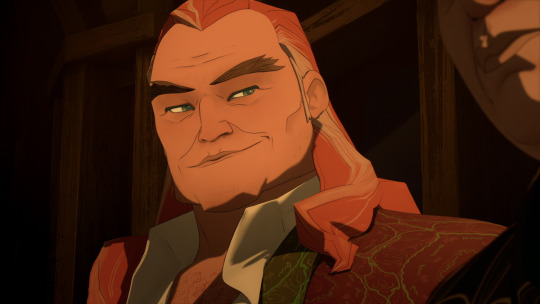
Why an Irishman as the gaijin antagonist? It'd make more sense if it was a portuguese or dutch. If Blue Eyed Samurai is set in 17th century Edo Japan, it's a long time off when the Americans forced Japan to put down the sakoku policy, and even then, why Britain/London? If anything, Japan and Britain liked each other enough later on to form an alliance for their shared fear of Russia.
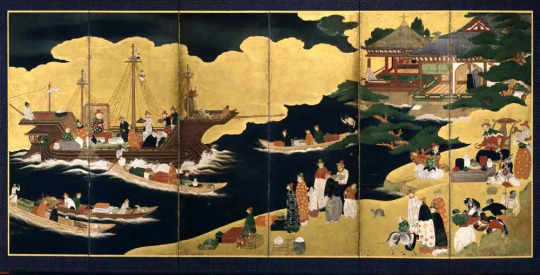

Why not other colonial powers who were actually active in Japan and Asia overall at the time (the Dutch) or the ones who caused Christianity to be banned during the sakoku (the Portuguese).
My first thought of a precedent goes to Konishi Shizune, the Christian revolutionary leader in Azumi who's also mixed race like Azumi, which is based on the historical Amakusa Shiro.
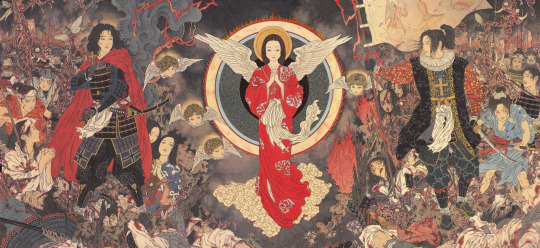
(Depictions of Gaijins: Americans during postwar Japan in Hajime no Ippo. Senator Armstrong in Metal Gear Solid)
Japanese in Europe
With Mizu heading to Europe, I came across people discussing the plot armor and how Mizu wouldn't stand a chance against the guns nor London police. It came off as kind of white supremacist, and the entire thread was locked because of unsolicited opinions from outsiders.
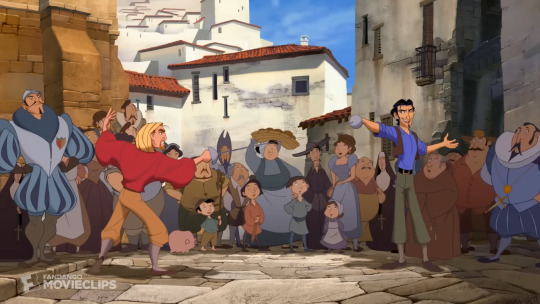
To be fair, Japan had guns too at the time. According to Netflix themselves, Blue Eye Samurai takes place in the 1600s. If that's the case, it means that the guns were mostly muskets, rifles and pistols which took time to load, so people did still use swords even in Europe. And only a century earlier in the 1500s, when Dreamwork's El Dorado is set, people would still use firearms and crossbows side by side. Oda Nobunaga also used firearms in his own warfare during the sengoku period.
Also, the police didn't exist yet, since the UK police were created in the late 1700s. As for the London battalion or royal guards storming her, it'd either amount to when she was stormed by the hand claw guys. The plot armor in the first season was a lot imo even then though. But sneaking up on them depends on the terrain and context, so I can see it happening.
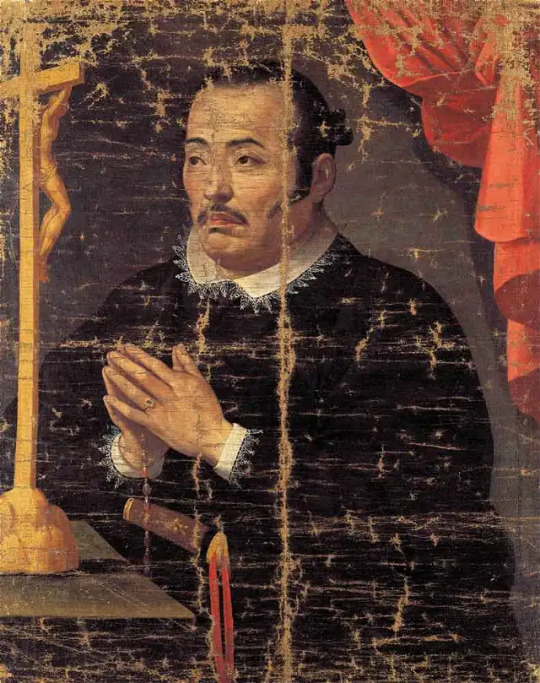
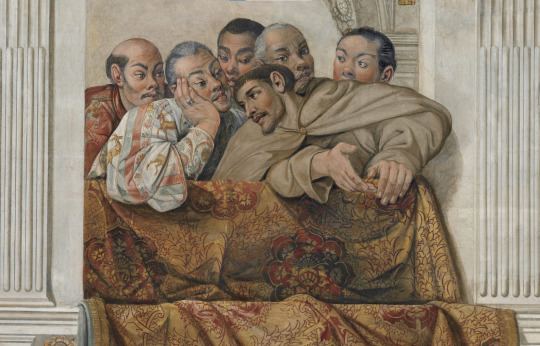
Furthermore, it's not unrealistic for Japanese people to travel to Europe, because there's historical precedence for this. In 1613, Hasekura Tsunenaga was sent on a diplomatic mission to negotiate with the pope and the king of Spain, and some of his men even stayed behind to form the Japon clan in Spain. The expedition took 7 years, and ironically enough, once he returned, christianity had already been banned in Japan. The people who still kept the Christian faith in spite of this came to be known as kakure kirishitan.
Debauchery means it's for adults ..
The way characters (esp. Mizu) will throw out badass oneliners as if on a treadmill, only to contradict exactly what she said as short as 5 seconds later does mess with my suspension of disbelief.
The story also goes into prostitution and patriarchy, though it also felt superficial to me. If anything it feels like an excuse for fan service, similar to Game of Thrones in a sense. Like they know that sex sells, and that's what "the audience really wants." That said, again I enjoyed both GOT and Blue Eye Samurai, even though some may laconically break the former down to "dragons and tits" and the latter to "guts and tits".
Token representation
Mizu's apprentice was born without hands, which could have brought about an interesting exploration of disability. But instead, he's relegated to being a quirky sidekick and comedic relief.. Even though he's disabled, he is shown to act like other people who are not, except when it's in the favor of a joke. Ringo comes off as somebody who does not need help and is able to manage without anybody. To me, this comes off as dismissing the struggles that disabled people go through to remain high-functioning in a society that is not designed for them, which I again struggle to suspend my disbelief for.
I had hoped that BES would feature disabled characters as well as Arcane did: Viktor, Sevika, and Isha are all great characters, who are shown to fully work with their disability throughout the story. For example, Sevika loses her arm in Powder's explosion, and replaces it with a powerful mechanical arm fueled by shimmer (drugs). However, when her arm is put out of action, she will retreat as she knows she's at a disadvantage. And Isha is seemingly deaf and mute, though it does not stop her from bonding with other characters and rushing into action. And yet, she is still a child that needs protection, and somebody who struggles to communicate at the same level as a fully able-bodied character. These characters are badass and amazing, even if they're very clearly not invincible and clearly show that they need accommodations.
BES is an American story
Blue Eyed Samurai has all the visual motifs of a Japanese samurai story (jidaigeki), but the tropes and logic is extremely American. It does get the artifacts and set dressing of a jidaigeki story right (surprisingly accurate at some points), which is why it triggered the uncanny valley for me sometimes. When certain artifacts and set ups appeared, I expected it to follow certain tropes I'm used to from jidaigeki, but it didn't really do that.
Patriarchy and gender roles
While I understand and appreciate your critique, I don't think the narrative is grounded in realism. It's more like expressing the need that women do have to see themselves in the shoes of a physically invincible protagonist. Also the motivation isn't simply revenge - what has happened to Mizu has convinced that her very existence is suffering. She's internalized the hate to an extent that it no longer matters whether she lives or dies. She will slowly change as a person and her motivations will also change, which I hope we get to see . All the characters are somewhere trying to rebel against their gender roles, and that I feel is the 'message'. Also as far as the right antagonist to show goes, Fowler seems an indictment of British colonialism a few centuries too soon, but his attitudes aren't unfamiliar. At all.
Blue Eyed Samurai doesn't explore the concepts it references or markets itself with, but seems to throw them around because samurai and honor sounds cool and is a stereotypically Japanese/Sinosphere thing. Instead it'd rather explore gender roles and patriarchy. And the character Blue Eyed Samurai primarily uses to explore these themes with isn't the titular protagonist, but rather Princess Akemi.
But Akemi's struggles with patriarchy, also comes off as more a Western suffragette story than a Sinosphere one.
The Princess as a Caged Bird
Other stories about gender roles and patriarchy in ancient Japan to which we can compare this to is probably Isao Takahata's Princess Kaguya, though this one is probably set long before BES in the Heian period.
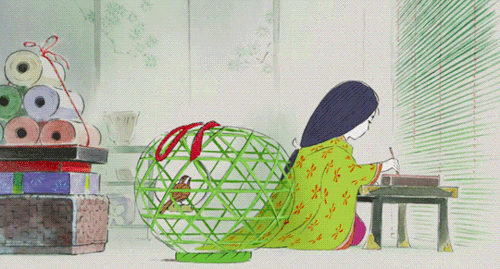
Like in Kaguya, the ohaguro set is presented as a symbol of oppression for Akemi. However, instead of being explicitly oppressed by outside forces like Akemi, Kaguya is instead pressured by her father's idea of happiness, as he internalizes society's idea of happiness as being the perfect princess. Throughout the film, Kaguya questions what it is all for and even counters against her governess that "a princess is not a human then!"
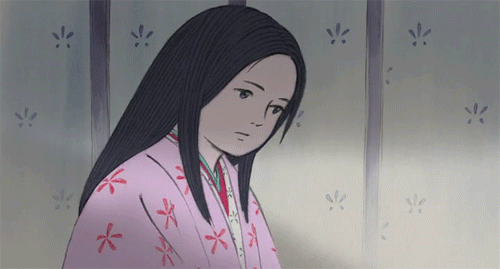
Princess Kaguya as a roadside flower. To be plucked in a moment of fancy, and neglected once savored and bored. Merely a trophy to be won and stowed away in a display cabinet.
The film explores what makes life worth living, by exploring the difference between humanity and moon people.
Filial piety. Fulfilling your own dreams through your offspring. Showing off achievements to relatives. accumulating merit.
Geisha and maiko in contrast to the Oiran of the red light district. Streetwalkers. Prostitution - the world's oldest profession.
Oda Nobunaga's younger sister in Nobunaga Concerto and Azumi.
Hypergamy. Tradition of men being adopted into the wife's household. The Fujiwara clan of the Heian period, who continuously married their women into the imperial family for generations. Attitudes around cheating and monogamy (Genji Monogatari).
The Fallacy of the Stereotypical Asian woman
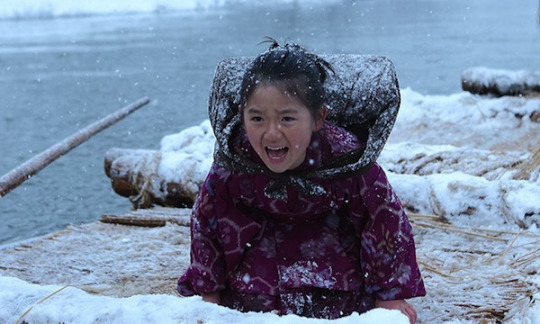
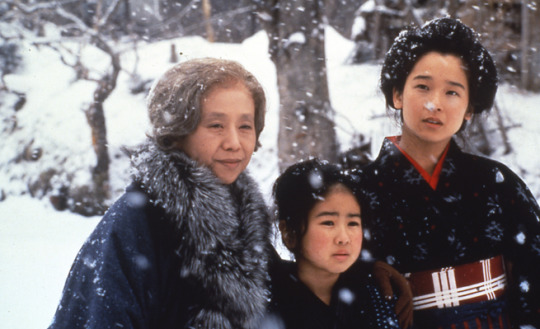
Oshin - Resilience and endurance.
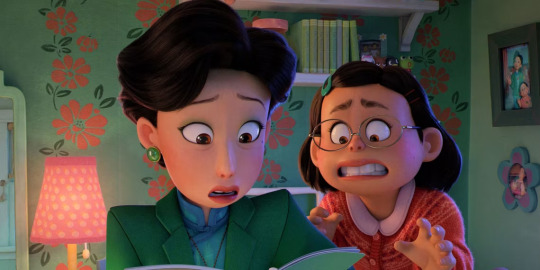
Asian women as firecrackers. There's a reason why the stereotype of Tiger Mom even came to be, because Asian women and people in general are not weak and strictly submissive, although they are often mistaken as doormats.
Honne and tatemae
Yamato Nadeshiko
While writing about this, I ended up going on a tangent about Asian women, which you can read here: The Fallacy of the Stereotypical Asian Woman.
Gender roles in Genderbender
Kaze Hikaru
Ryou
Torikaebaya Monogatari, where a brother and sister in the Heian period is gender mixed at birth, to fulfil gender roles they're more "suited" for according to societal expectations. Another Heian period text about a guy who crossdresses as a woman to get close to a woman he has a crush on.
Gender fluidity has been the norm throughout most of history.
A wolf in sheep's clothing
I guess the show is more concerned about gender roles and patriarchy. I'm actually not all that concerned with historical accuracy, but I couldn't help but be thrown off by how it felt like vastly different time periods (and thus different expectations in terms of jidaigeki tropes) were meshed together. I still stand by that the show is a very (overseas Asian/) (Asian) American narrative, which made it uncanny how accurate it still was in terms of getting the artefacts etc. of a jidaigeki right. Sort of like a "wolf in sheeps clothing," though that doesn't make it a bad thing. For example, Akemi feels more like a Western suffragette, rather than an Asian feminist. Yet the ohaguro set etc. may be a reference to Isao Takahata's Princess Kaguya, which is about feminism.
The story came off as stereotypical to me. Yet it does get the artifacts and set dressing of a jidaigeki story right (surprisingly accurate at some points). I did cringe at some points or feel the uncanny valley, but again overall the show was engaging and enjoyable.
I've enjoyed other orientalist stories before, such as Kung Fu Panda and Avatar the Last Airbender. I've also enjoyed occidentalist stories like mohuan and isekai. Yet something with Blue Eye Samurai made me cringe sometimes. Comparing it to the others I've mentioned, perhaps it's because it's set in a more non-fantastical setting as opposed to a jianghu of sorts idk. Blue Eye Samurai is still entertaining though, and may be the start of a new genre.
It's hard to explain what it feels like for people who don't have the same cultural references, so here's an example of occidentalism. I noticed that when Genshin Impact (a Chinese game) released the new Fontaine region where they decided to mix Britain, Italy, France etc., which people claimed is just plain weird haha. But Fontaine has still been well received regardless it seems. On the other hand, I still cringe every time I see Senator Armstrong in Metal Gear Solid.
Historical references
Random, but here's a list of different artifacts and set dressings that appeared in the show. The little theatre play about the ronin and his wife uses kurogo (black clad actors) to manipulate the dolls, which was novel to see. Previously I've mostly watched kurogo being used to manipulate perspective such as in this Matrix Ping Pong skit and the Tokyo 2020 pictogram opening ceremony. Traditionally, Kurogo is used in Kabuki to create special effects and are supposed to be invisible to the audience.

Mizu's husband uses a naginata, which is basically a spear. Although also used by warriors in general, it was often used by women.

#Blue Eyed Samurai#Netflix#review#criticism#Azumi#Kung Fu Panda#Ghost of Tsushima#Avatar the Last Airbender#samurai#bushido#shinobi#ninja#onryo#gaijin#Sakoku#karma#revenge#uncanny valley#kurogo#feminism#orientalism#occidentalism#decolonization#blog
105 notes
·
View notes
Text
Introduction Post
-—————————————————————— Greetings, welcome to my main blog! You may know me from another site.
Or not! Either way, here’s some information
-——————————————————————
INFORMATION
Hello Tumblr, I am XxReiyuuxX, mutuals and close friends/irl friends may refer to me as Noah or Alejandro. (Ask if uncertain). I am a self-taught artist who plans to make either a comic/book or animated series based on my OCs. I will mostly post fanart as well as art of my OCs, since most other social platforms don’t fw me too much.
Moving on… I will give a brief TW here… One of my OC stories (which remains unnamed for now, as it’s still in progress, lol) contains mature themes and has elements that are not necessarily appropriate for younger audiences. If you are sensitive to mature content, you might want to avoid anything tagged with “Mexicats” since that is the tag I will be using to keep it organized. I’d like to thank @fakeblondehoe for the makeshift title. Since that’s what he started referring to those 1800’s cats as.
Art related to my other OC story will be tagged with “CatTales”. This story is a less serious one, full of typical fantasy tropes and cliches. It has held a place in my heart since I created it, and despite its simplicity, I cannot seem to scrap it.
Any other art will be tagged with what it is related to. Which will mostly be fanart or different animal species practices. Or gift art for mutuals and others.
With the artsy stuff out of the way…
-——————————————————————
ABOUT ME
>> Name(s): Noah, Alejandro, (as mentioned before) >> Birthday: August 15th (Leo)
>> Favorite Musical Artists: Radiohead, Lady Gaga, Will Wood, Linkin Park, Hozier, Nirvana, Ethel Cain, KMFDM.
>> Favorite Animal: Red Fox
>> Favorite Movies: Spirit: Stallion of the Cimarron, The Wild Robot, Prince of Egypt.
>> Favorite Shows: Arcane, Avatar: The Last Airbender.
>> Favorite Games: Red Dead Redemption II, Horizon: Forbidden West, Detroit: Become Human, Stray, Portal 2, Uncharted and Ghost of Tsushima.
Now… for the DNI list….
-——————————————————————
DO NOT INTERACT IF YOU ARE A…
Pedophile
Zoophile
Proshipper
Transphobe
Homophobe
Racist
Ableist
Sexist
Or someone who can’t respect others. Just because this is the internet, where you can hide behind a screen, does not give you the right to be a raging jerk. Don’t like something? Scroll or click “not interested/show less.” Not that hard.
With that now out of the way… here’s some of my art. Do NOT repost my work on any other platform.
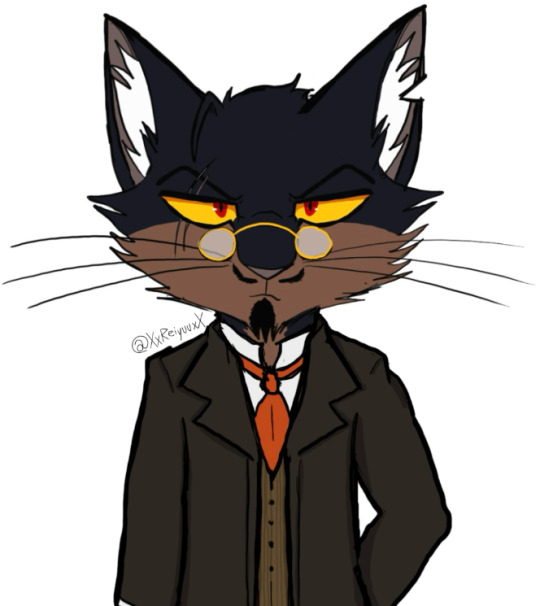
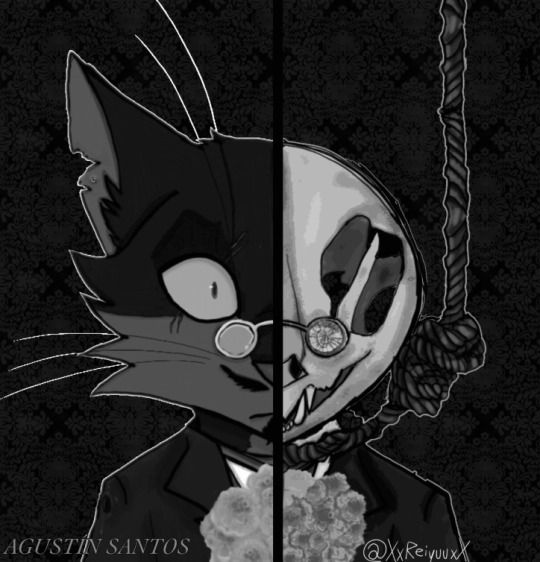
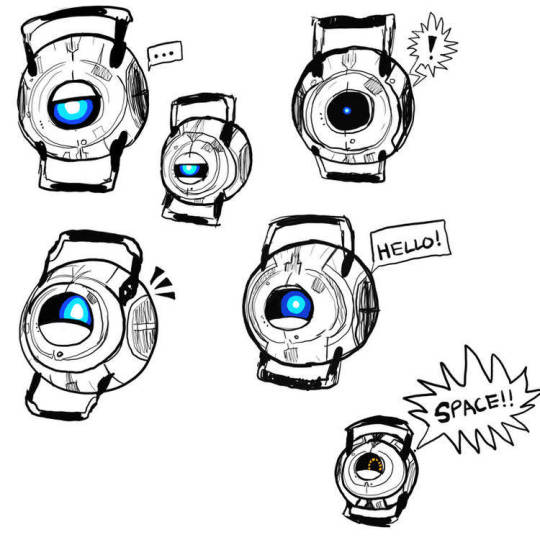
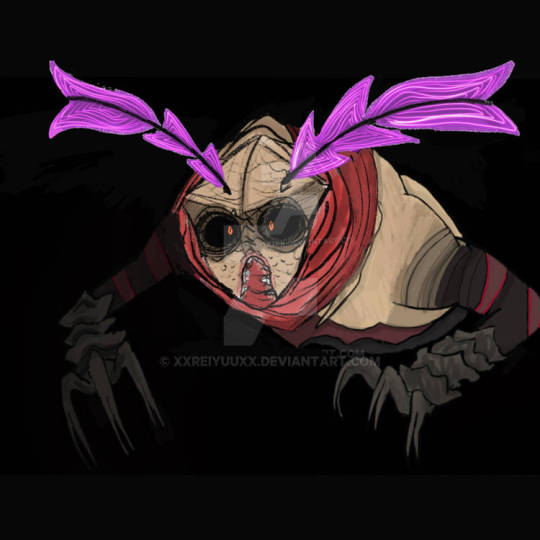
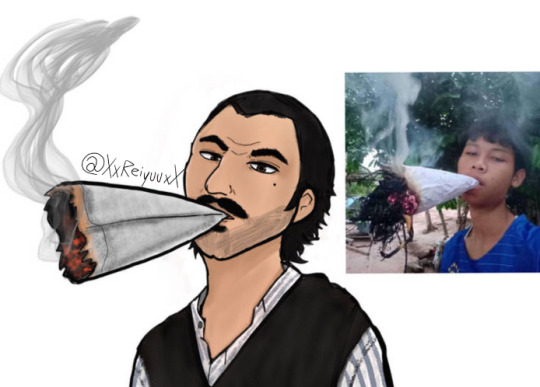
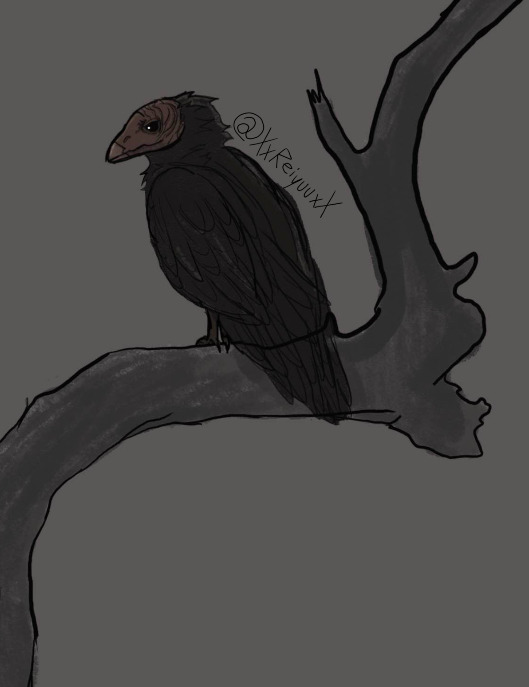
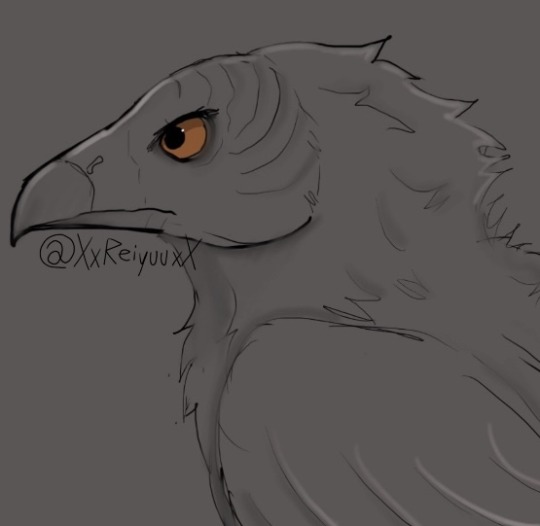
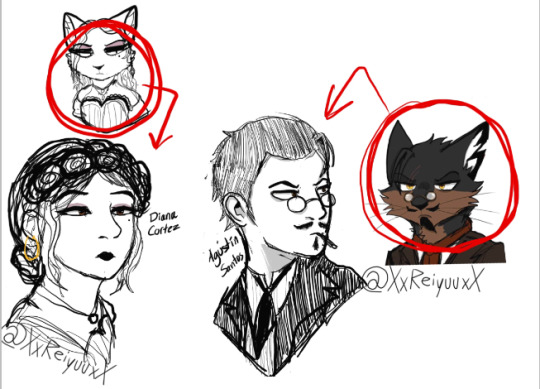




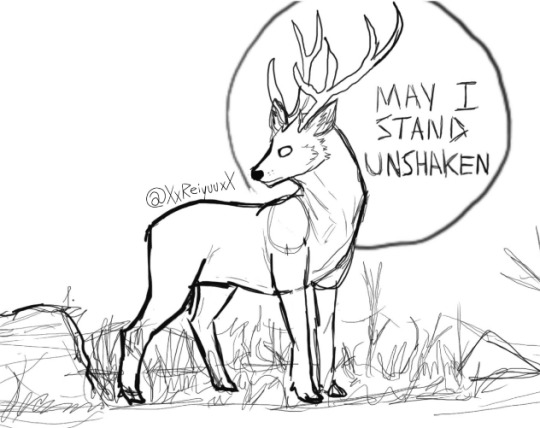
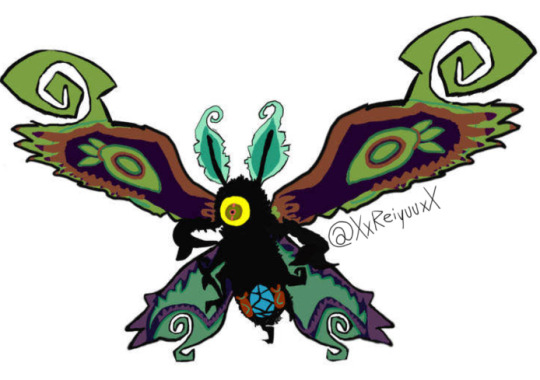
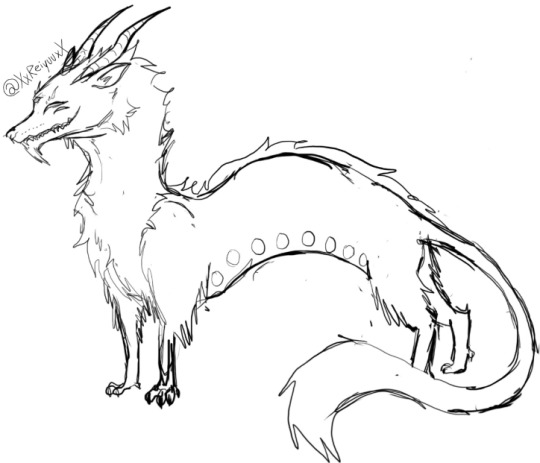
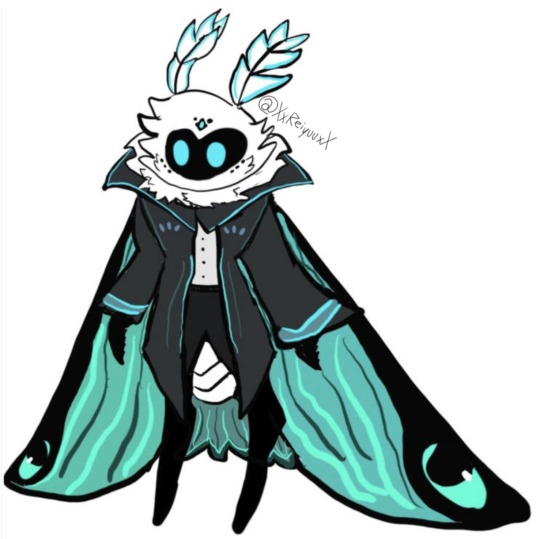
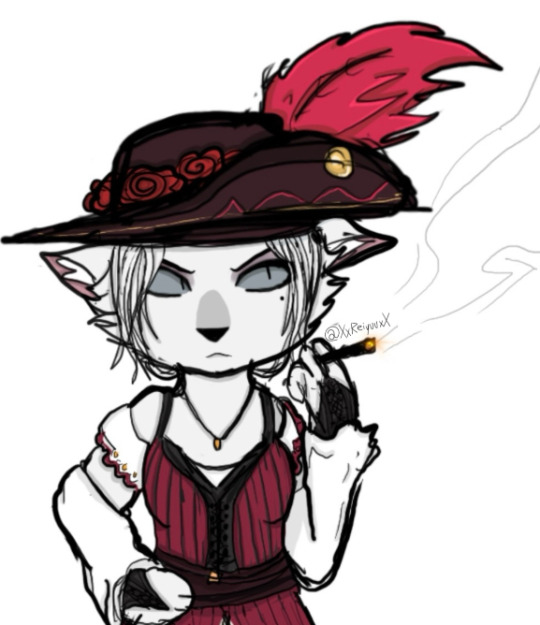
If you can read this, I thank you for your time.
Have a wonderful rest of your day!
My strawpage if you want my other socials:
#artists on tumblr#digital art#art#artwork#CatTales#Mexicats#1800s#1800Cats#cat art#rdr2#rdr2 fanart#mothula#wind waker#loz totk#zelda totk#totk#totk fanart#queen gibdo#gibdo#dragon art#oc art#oc artist#oc art tag#ocartdump#OC#original character#oc original character#my ocs#oc stuff#small artist
8 notes
·
View notes
Text
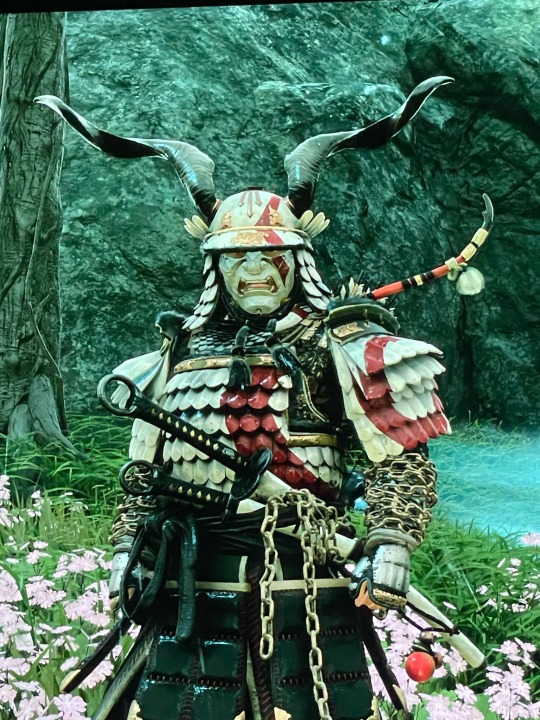
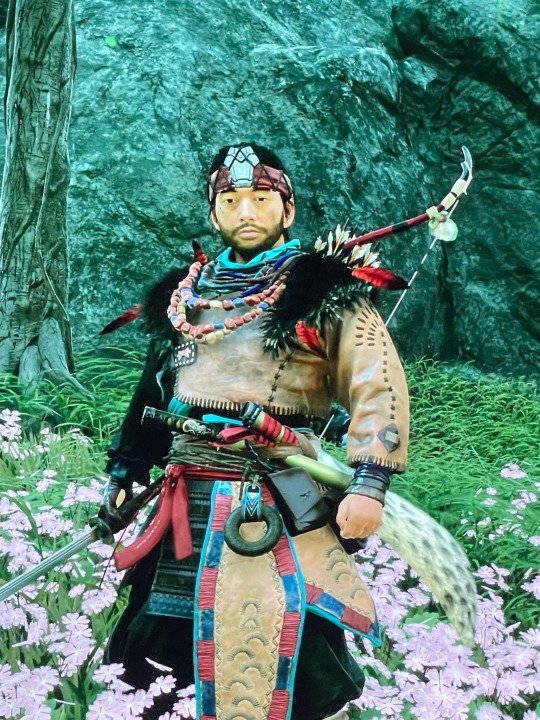
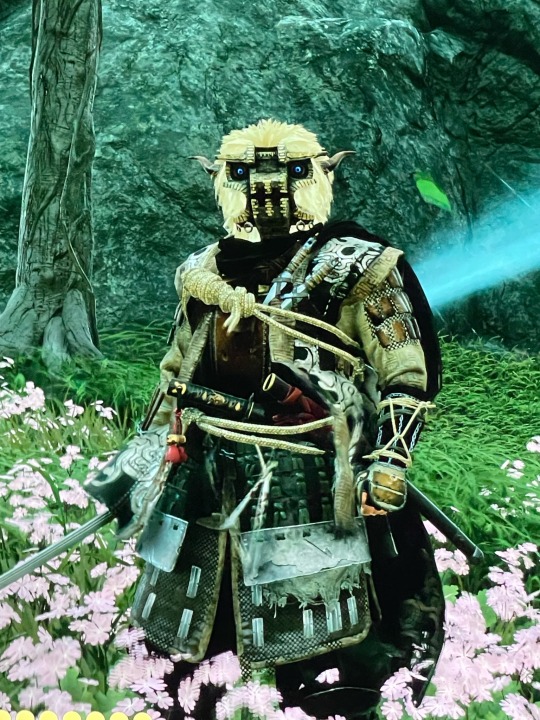

absolutely looooooooving these references in ghost of tsushima. personally ranking:
1. Bloodborne (bottom right)
2. Ghost of the Colossus (bottom left)
3. Horizon: Zero Dawn (Top right)
4. God of War (Top left)
The Bloodborne armor skin honestly looks so much like it‘d be a cross between Sekiro and Bloodborne. I adore it.
#ghost of tsushima#bloodborne#god of war#shadow of the colossus#horizon zero dawn#horizon forbidden west#sony showing off#sekiro
14 notes
·
View notes
Note
🧵Thread: What would you/your self-insert wear in the source your f/o is from? It can be multiple outfits or just one! Bonus: Do you have a weapon? If so, describe it or show it!
ITS SO FUNNY THAT YOU SENT ME THIS ONE CAUSE IM ACTUALLY WORKING ON LANE'S REFERENCE SHEET RIGHT NOW!!! and oh my fucking god i am STRUGGLINGGG to come up with an outfit for her. let me walk you through my dilemma
ghost of tsushima takes place in 13th century japan, during the mongol invasion. lane's romantic partner, khotun, is mongolian. a khan to be specific! in being his lover, she assimilated herself into the empire. realistically, she would begin to dress mongolian over time. HOWEVER! before the invasion began, she had spent the past year or so living on tsushima island, soaking up japan's culture. her wardrobe consisted primarily of japanese garb before she was taken in by khotun, and even then, her wardrobe wasn't entirely replaced. so, just japanese and mongolian influences, right? WRONG!!! to top it all off, lane isnt japanese OR mongolian! she's scandinavian!!! she's a nomad who's spent the better part of her life wandering the known world and absorbing different cultures like a sponge. and that's not even mentioning the chinese influences on mongol attire that would certainly bleed over into lane's wardrobe, because the mongols had control over china at this time, and you can see very clear chinese influences in khotun's armor!! SIGH!!!!!
point is, there is no cultural reference point for lane. she belongs to nothing, but picks up little pieces of everything. her wardrobe cycles as she travels from place to place. i don't even know where to begin.
this is what i do know, though: lane, like myself, enjoys bright, garish colors and intricate patterns. her favorite clothes are ones that are dyed a super bright warm tone, like orange or red! that would likely translate into her main outfit. she's also favors practicality over looks. i imagine that most traces of her homeland (the kingdom of sweden) have long since been scrubbed out of her, so, we'll try to stick to japanese and mongol influences.
the current draft i have for her outfit involves a brightly-colored, patterned kimono, with a thick fur cloak over top of it, perhaps gifted to her by khotun. below that, she'd wear either a hakama or fitted wool trousers, and a pair of leather riding boots. also think she'd have lots of jewelry and other trinkets tucked into her attire.
as for her weapons, she carries a bow, a hunting knife, and a mongol saber! the hunting knife is very, very old; she'd had it her entire life. the bow is japanese, because she lost her old one during the shipwreck that landed her on tsushima in the first place, and the mongol saber is very very intricate and expensive and beautiful, as it was yet another gift from khotun.
#* ★ / self insert: lane .#* ★ / askbox .#LONGGG ass answer#tldr: im still working on her outfit man idfk but shes got some fun weapons
5 notes
·
View notes
Text
Reflecting on Ghost of Tsushima
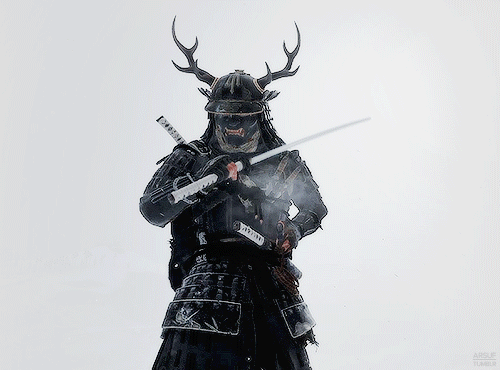
I've been playing Ghost of Tsushima...I started it for Ninja November and then was playing offline just doing side quests when I wasn't feeling well and now I'm in approximately 60 hours in and in Act 3.
I think Sucker Punch has made something really special. At first I was annoyed with being pulled into duels to fight with my samurai skills after I've done so many missions as stealthily as possible but it makes sense. It is a mechanical and physical response I have to the situation Jin Sakai is in.

And perhaps I have just played my quests/missions in such a way that it reinforces these feelings. But the writing is dynamic and somber and somehow really relatable. And no I'm not a 13th century samurai. But see Jin wrestle with the expectations of his upbringing, family, and community, while trying to do what he thinks is right...or the way he can protect and save his home...is...devastating.
You see Jin really grapple with being referred to as a demon or ghost...he's just a samurai trying to save his home...and over time you see the impact from the community and hope he brings as the ghost...a folk hero who's pushing back the mongols and bringing hope to Tsushima...
I am not done with the game yet. But I'm also very interested to see where the secondary cast ends their quests of revenge and retribution and if they can ever find peace in a place that no longer looks like their home.
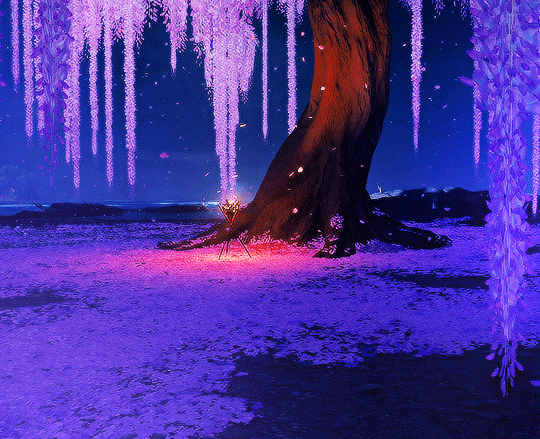
And perhaps I'm just a silly little guy. In between me playing Tear of the Kingdom, a handful of retro titles, and always revisiting Shovel Knight and Cyber Shadow...this game has just left in some sort of way. It is like a book I can't put down. Its somewhat predictable and has also taken me off guard. My last play session has left me distraught with the events that occurred and I know I'm creeping up on the end and I'm torn with doing all the side missions or mainlining the story to get to the conclusion. But perhaps that is another sign of well crafted writing. Me, the player is also hurt and upset and want a resolution...
I did not expect to have such big feels. I'll report back once I've completed the game. But I do know right now that this game is very special and while it isn't a Tenchu game...it does scratch that itch with a variety of items, story, and character.
#gaming#ghost of tsushima#tenchu#ninja november#game dev#indie game dev#indie game development#ps5#ps5 gaming#sucker punch productions#the ghost#jin sakai
24 notes
·
View notes
Text
get to know my self insert + selfship !
note that this will likely be updated/changed ! ok to rb, though !










proper credits at the bottom of the info !

Ship: bladedanceshipping - felileth - bylix
blade noun the flat cutting edge of a knife, saw, or other tool. - in reference to both being mainly sword-users.
dance verb move up and down lightly and quickly. - in reference to their sparring.
sword dance noun a dance in which the performers brandish swords or step around swords laid on the ground, originally as a tribal preparation for war or as a victory celebration. - also in reference to their sparring, and a pokemon reference. lol
playlist
jerrie + cassie - post game felileth kids

“He... he really kept seaching and waiting for five years? ...Guess I've really got to make it up to him now. I'm glad he cares, even if neither of us show it.”
s/i
Byleth Eisner Human + The Goddess 17 - n/a - 22 He/she. Bigender, bi. 5’3” / 160 cm Japanese 🇯🇵 / British 🇬🇧 🪐 / #byleth eisner
- Interpretation of canon Byleth/“Bylethsona.” His personality starts off close to canon, but it changes as the story progresses. - “Canon” house is Blue Lions, but there are timelines for all routes. - My golden timeline is called Emerald Spire.
voice: jeannie tirado (0:54-1:47)
Ref / toyhouse / wiki

“I'm glad I found her again.”
romantic f/o
Felix Hugo Fraldarius Human 17 - 19 - 22 He/him. Trans man, bi/graysexual. 5’8” / 172 cm - 5’8.5” / 174 cm - 5’9” / 175 cm Taiwanese 🇹🇼 ⚔️ / #felix hugo fraldarius
voice: lucien dodge
Ref / toyhouse / wiki

first meeting
byleth is introduced to the blue lions as their professor. she’s very obviously miserable, and dimitri jokes that felix already has a friend.

general favorites
Byleth color: green animal: cat food: gautier cheese gratin drink: water season: autumn hobby: reading, training, hiking
weapon: sword element: fire
music: anything that sounds good movie: jumanji (& adventure) book: the hobbit (& fantasy) game: the legend of zelda
Felix color: navy animal: cat food: super-spicy fish dango drink: almyran pine tea season: winter hobby: training
weapon: sword, bow element: fire, electricity
music: doesn’t have one movie: mulan? (he just picked one so you’d get off his back) book: the things they carried game: ghost of tsushima

tropes
- knight & monarch roles are interchangeable - emotionally challenged & emotionally challenged - one sided pining for 5 years on Felix’s part lol - friends to lovers - everyone knows but them - battle couple

🌑 / 🎞️ / 🥬 🪐 / 🍾 / ⚔️ 🌲 / ⚓️ / 🍢
dividers: x / x
#get to know my…!#sarah’s malewives#🪐#⚔️#bladedanceshipping#f/o#selfship#selfshipping#felileth#bylix#🪼
3 notes
·
View notes
Note
I think tumblr ate my ask but I was just saying hi and my birthday is next week Monday🙂↕️
AND IM GETTING MY SPINE TATTOO🙂↕️🙂↕️ finally I have been waiting for years to get it done it’s gonna be my second tattoo🤭 I’m getting my fav flower (spider lily) with two koi fish I’ll send you a reference picture if you want!!
but how are you darling? I hope you’re not overworking yourself. Make sure to eat and stay hydrated and rest!!!
-🐧
OH MY GOD SPINE TATTOOS ARE SO HOT i’m hoping to get my first tat on my birthday 🙂↕️🙂↕️ if not i’ll get one in america with @lotties-ashwagandha when we meet up mhm mhm i would love to see a reference pic that sounds so fucking pretty i’m so excited for you GODSPEED also happy early birthday ! you have to come say hi if you have time so i can sing you happy birthday mkay??
i’m good !! i’m definitely not overworking myself i got a little burnt out (i was literally hashing muscle spasms in my hand for three days from how much i was typing) so i took a little break and i’ve been playing ghost of tsushima like it’s no one’s business
i love u 🐧 anon it’s so nice to see u in the inbox <3
5 notes
·
View notes